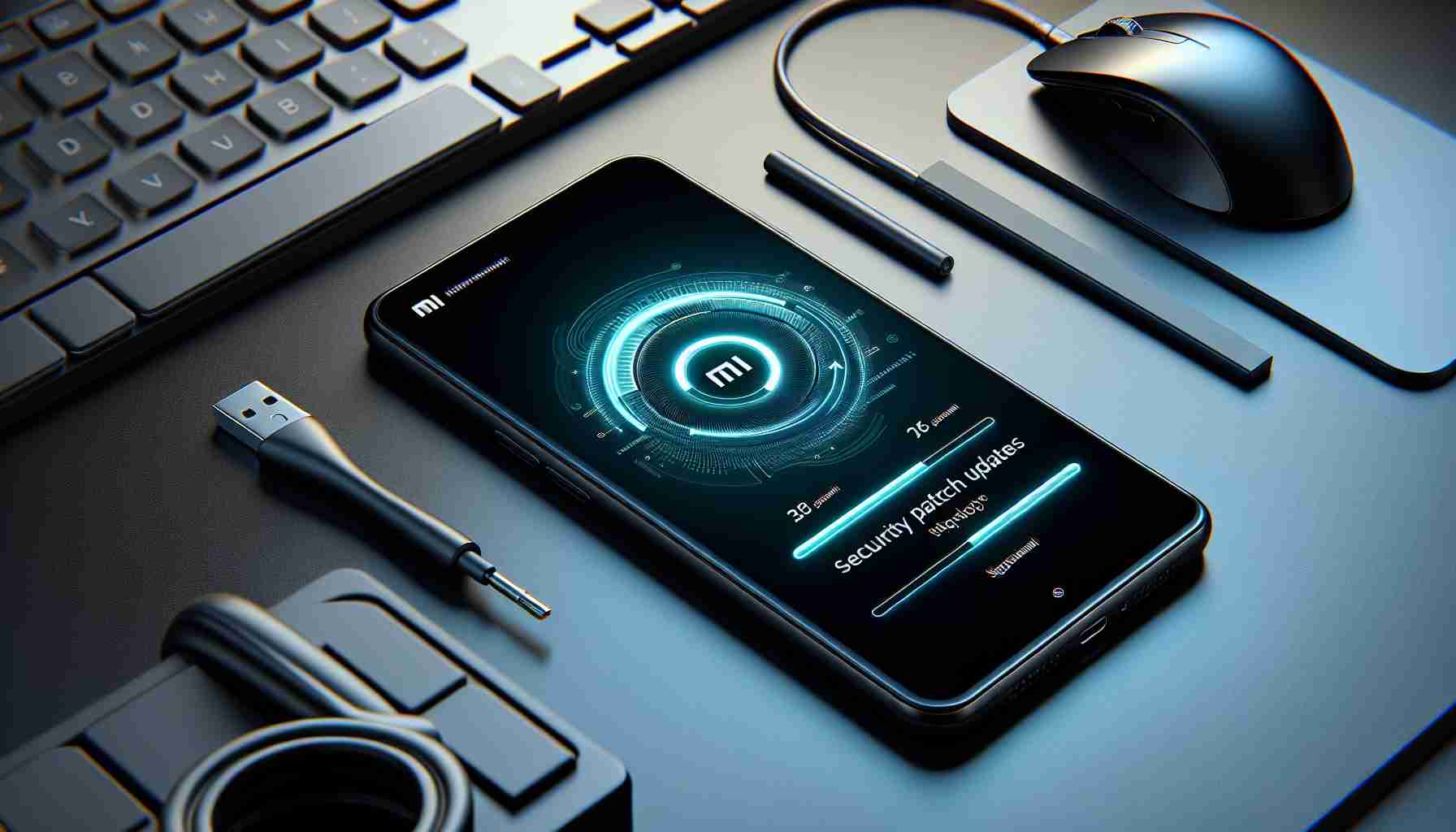Security flaws in Xiaomi smartphones have been recently identified, affecting various aspects of the MIUI operating system as well as HyperOS. These identified risks involve the potential for unauthorized access to user data and remote device control, highlighting the need for immediate action.
MIUI, known for its customization and user-friendly interface, is faced with vulnerabilities across several of its applications. Among the impacted apps are key functions of Xiaomi devices such as the Gallery, Mi Video, and the Settings app. These issues underline the complexities associated with modifying AOSP apps and underscore the necessity for rigorous security protocols.
The list of applications with known vulnerabilities includes:
– Gallery
– GetApps
– Mi Video
– MIUI Bluetooth
– Phone Services
– Print Spooler
– Security
– Security Core Component
– Settings
– ShareMe
– System Tracing
– Xiaomi Cloud
In recognition of these concerns, Xiaomi has been active in their response, exemplified by their quick distribution of patches to rectify prominent vulnerabilities, following reports from entities such as Microsoft about issues within Xiaomi’s file management system. This approach not only displays their commitment to security but also helps to maintain customer trust.
Forward-thinking entails constant vigilance and an emphasis on security throughout the software lifecycle, a standard expected of industry leaders like Xiaomi. Regular security audits, consistent updates, and open dialogues with customers about their digital safety are critical to sustaining a secure environment.
Despite these vulnerabilities, Xiaomi’s dedication to prompt and clear responses is noteworthy. The company is expected to take immediate steps to rectify the security issues, continuing to protect their users’ digital wellbeing.
Security vulnerabilities are a critical concern for users, and the discovery of multiple flaws within Xiaomi’s devices can be alarming for the millions who rely on them daily. Smartphones not only contain personal information but are also integral to many aspects of users’ digital lives, including communication, productivity, and entertainment.
Xiaomi’s global presence means that these vulnerabilities have a widespread impact. The company is one of the world’s leading smartphone manufacturers, with a significant market share, especially in Asia and Europe. As such, the ramifications of the security issues are far-reaching and present a notable challenge for both the company and its user base.
The relationship between software complexity and security risk is pertinent here. Xiaomi’s adaptation of Android into its own MIUI skin adds layers of complexity that could introduce security gaps. Additionally, the Internet of Things (IoT) devices that often work in conjunction with smartphones may also be at risk if they share the same vulnerabilities.
Security measures in software development are paramount, including regular updates, and the use of encryption, firewalls, and secure coding practices. Xiaomi’s rapid response in deploying patches is indicative of its recognition of the importance of these measures.
- Questions & Answers:
Q: What are the potential consequences of these security flaws for users?
A: Users could suffer from unauthorized data access, loss of privacy, and potential financial losses if sensitive information, such as banking details, are compromised.
Q: How does Xiaomi’s response affect their reputation?
A: Prompt and transparent responses tend to maintain or even build consumer trust, particularly when coupled with effective solutions to the problems identified.
- Challenges & Controversies:
– Ensuring user data protection while maintaining the functionality and user experience is a balancing act that can sometimes lead to compromises in security.
– Another challenge lies in keeping up with the constant stream of newly discovered vulnerabilities and the pressure to patch them quickly.
– There may also be controversies around disclosure practices; the debate between immediate public disclosure to inform users vs. delayed disclosure to prevent exploitation is ongoing in the cybersecurity community.
- Advantages & Disadvantages:
Advantages of a rapid response include:
– Mitigating potential damages quickly.
– Preserving the brand’s reputation by demonstrating responsibility and proactiveness.
Disadvantages could include:
– The possibility of hastily released patches causing additional issues if not thoroughly tested.
– Continuous patching can be a nuisance to users and may affect their perception of the brand.
Relevant links to browse for more information:
Xiaomi Official Website
Android Official Site (Xiaomi’s MIUI is based on Android)
Remember, when browsing external sites, to always ensure you are visiting the official and secure domains, look for ‘https://’ in the URL, and verify the authenticity of the information presented.
The source of the article is from the blog reporterosdelsur.com.mx
